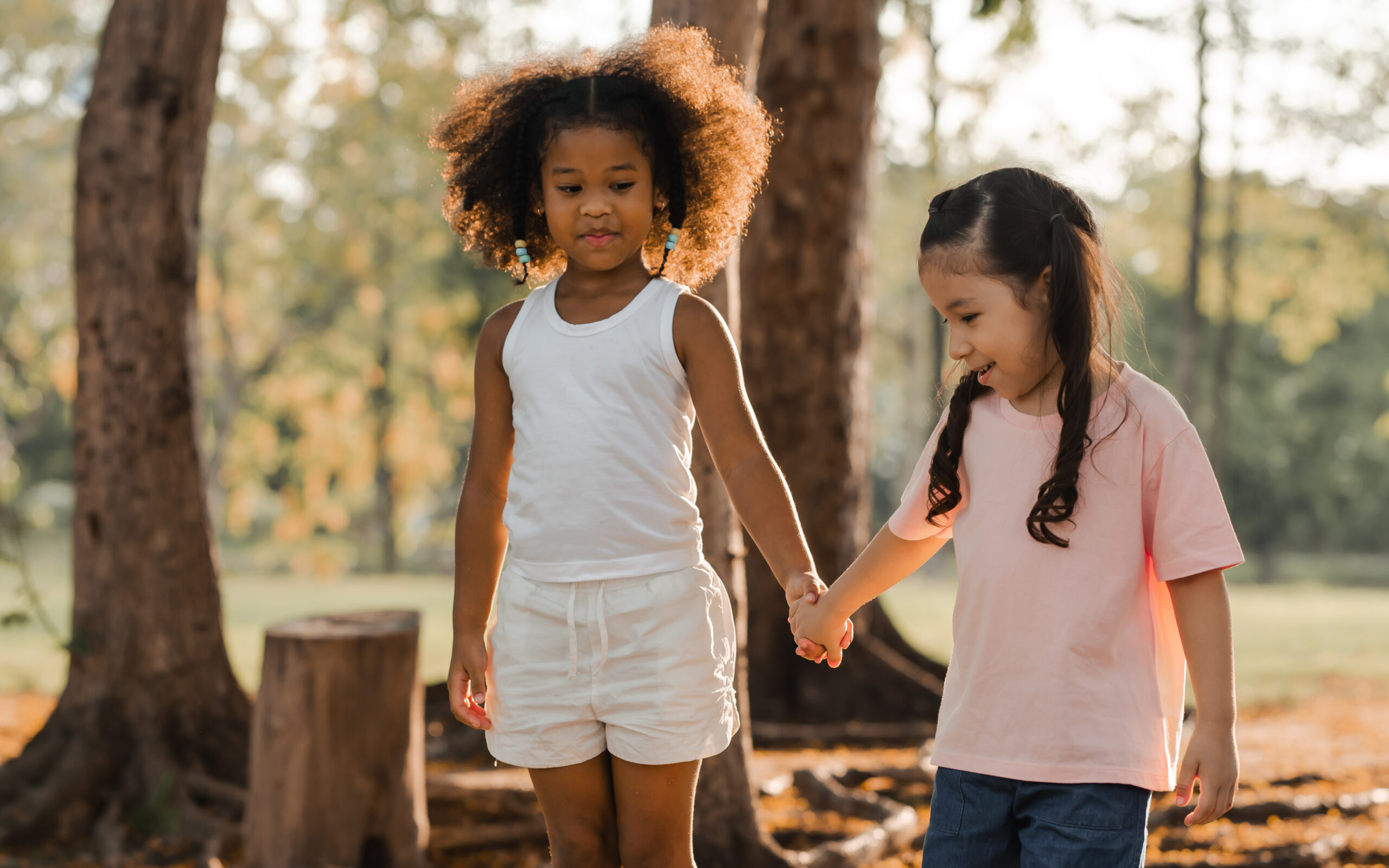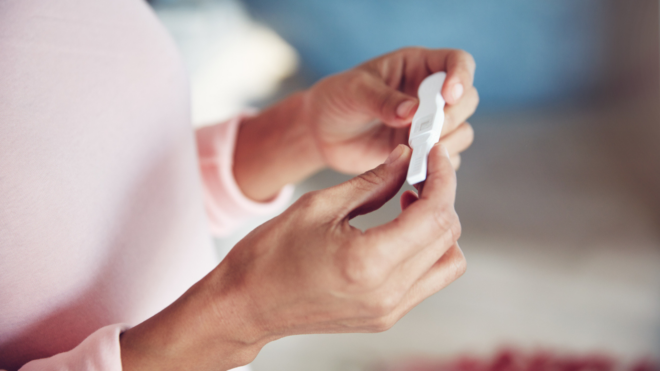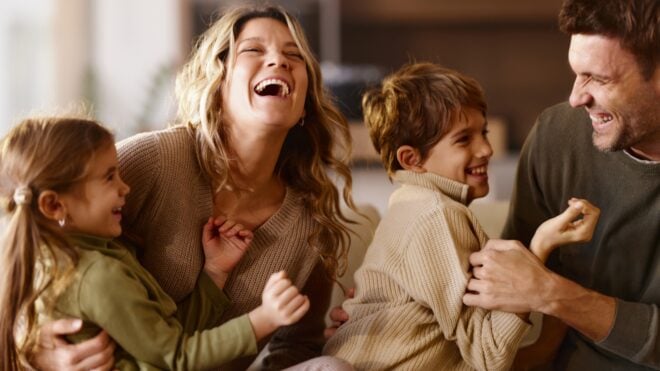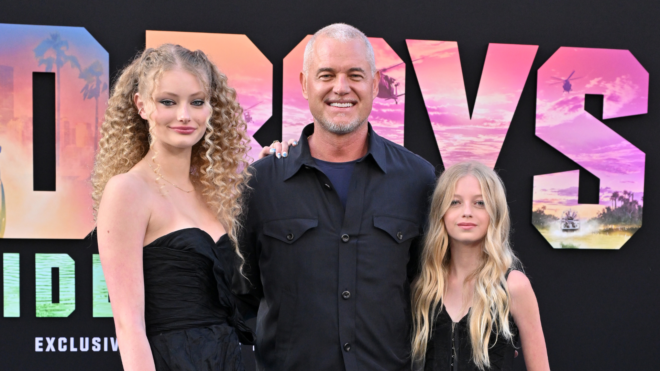
When the news broke that 51-year-old model, actress, and activist Naomi Campbell was now a mom, we had questions. Campbell’s interview with British Vogue helped clear up some of the public’s curiosity. As a mom of four myself, I am thrilled for any new mother. However, what Campbell said about her infant daughter gave me pause — and not in a good way.
Campbell shared that her daughter “wasn’t adopted.” She followed this by saying her daughter “is my child.” Though I am sure Campbell meant no ill-will toward adoptive, foster, stepmothers, and guardians, her statement insinuates that a real mother-daughter relationship only stems from biology.
Adoption is often viewed in society as second-rate and subversive
On the flipside, adoptive motherhood is presented as a novelty, something to be revered and idolized. Neither of these are accurate.
I’ve been a mother for close to 14 years. All of my children were adopted at birth, and because we’re a multiracial family, my children’s adoptions are obvious. My husband and I are white, and our four children are Black. I share this to say, we attract more attention than same-race adoptive and foster families.
My motherhood has been called into question more times than I can count
The public wants to know the real deal, the story, the details. We’ve been in airport bathroom lines, the library, the checkout at a store, when a stranger does a double-take and then begins their interrogation.
One of the most common questions adoptive mothers get is why we didn’t have our “own” children. As a seasoned mom, I am quick to reply that my children are my own. Yes, they have another mother, their first or birth mother, but I am also their mother. I also add that why we adopt isn’t up for public discussion.
Some press on, asking if we’ve tried various fertility treatments
Yes, it’s not only rude, but incredibly awkward to receive conception advice from a random person. Plus, I always have at least one or two kids in tow with me, listening and absorbing everything the stranger is saying.
We’ve also been cornered (yes, cornered) and asked if our kids are “real” siblings. Again, because I’ve been an adoptive mom for over a decade, I have a go-to response. I usually laugh at their ridiculousness and say, “Well, they aren’t fake siblings!” Sometimes I gesture toward my kids, who are undoubtedly doing what siblings do. They might be poking each other or giggling over some secret sibling conversation that they don’t want me in on. This, stranger, is as real as it gets.
Whether or not my children are biologically mine or biologically related to each other is irrelevant when it comes to love, trust, parenting, and everyday life. My kids are well aware of their adoptions, and we have flourishing open adoptions — that is, relationships — with their first families. We are certainly not ashamed of our adoptive family status. However, we don’t define ourselves as an adoptive family. We are just a family — first and foremost. How we came together is certainly different, but it isn’t wrong, nor is it up for a checkout-line investigation.
I know that a lot of people are curious about adoption, though there’s a fine line between curiosity and nosiness
Since my obligation is to my children, the ones I was chosen to raise, I don’t hand out their adoption story like a grandma hands out cookies. Their private adoption stories — like why they were placed for adoption and why my husband and I adopted — is not up for public consumption.
I understand Campbell’s reasoning for clearing the air about her daughter. Perhaps she’s been badgered so much by the media and the public that she wanted to put a stop to the questioning. How a family comes to be is interesting. I was sad to read her response, though. She insinuated that a biological child is more real than a child who is adopted. Her response is reflective of what society still values — and that’s biological relation over any other form of family.
I am hopeful that as we see more family diversity, that society is less intrigued by difference
Adult adoptees — that is, people who were adopted — often share how hard it was to grow up feeling so different in their families and in their communities. They were often tokenized or ostracized. Their stories break my heart. Until acceptance becomes the norm, parents by adoption and other diverse families have to keep fighting for their authenticity.




